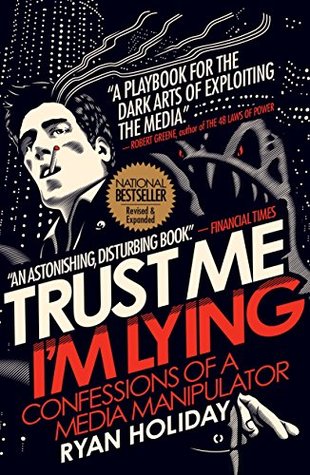In another study researchers examined the effect of exposure to wholly fictional, unbelievable news headlines. Rather than cultivate detached skepticism, as proponents of iterative journalism would like, it turns out that the more unbelievable headlines and articles readers are exposed to, the more it warps their compass—making the real seem fake and the fake seem real. The more extreme a headline, the longer participants spend processing it, and the more likely they are to believe it. The more times an unbelievable claim is seen, the more likely they are to believe it.
Welcome back. Just a moment while we sign you in to your Goodreads account.


